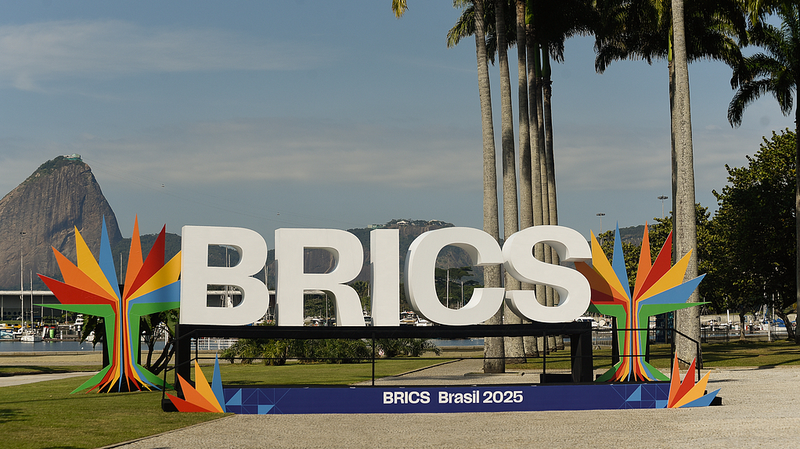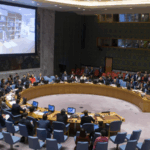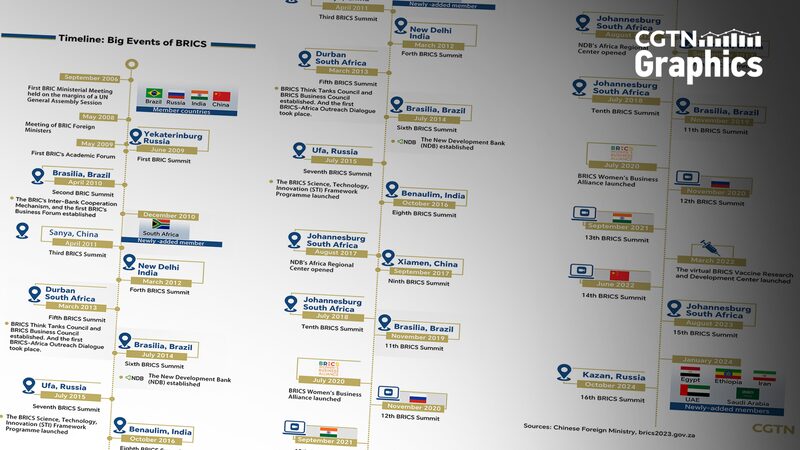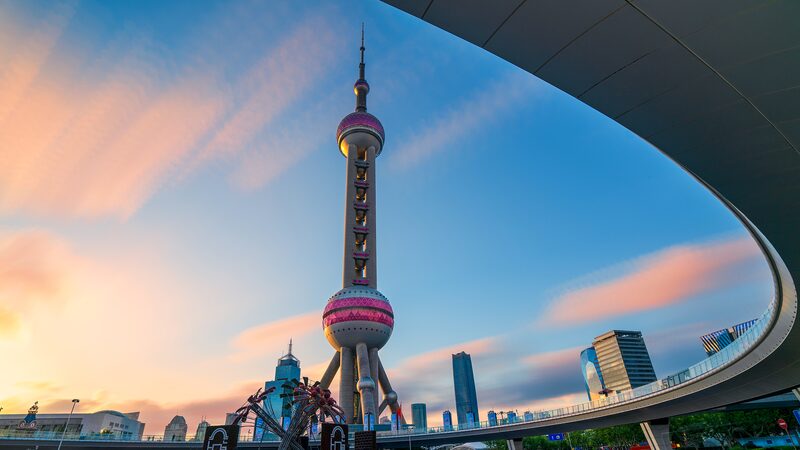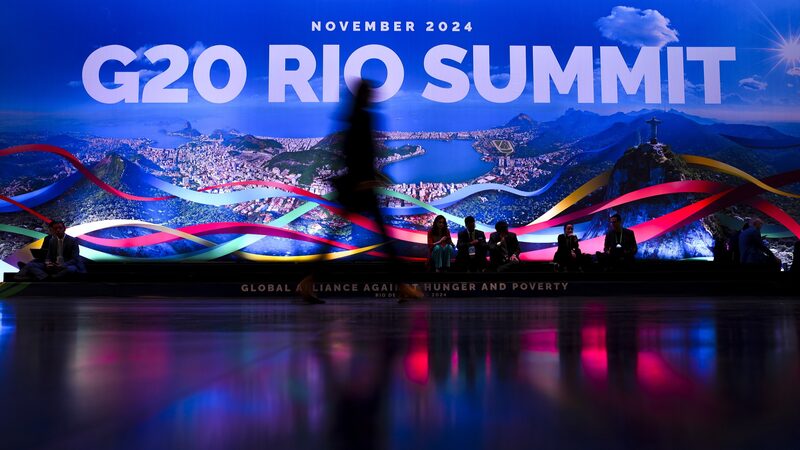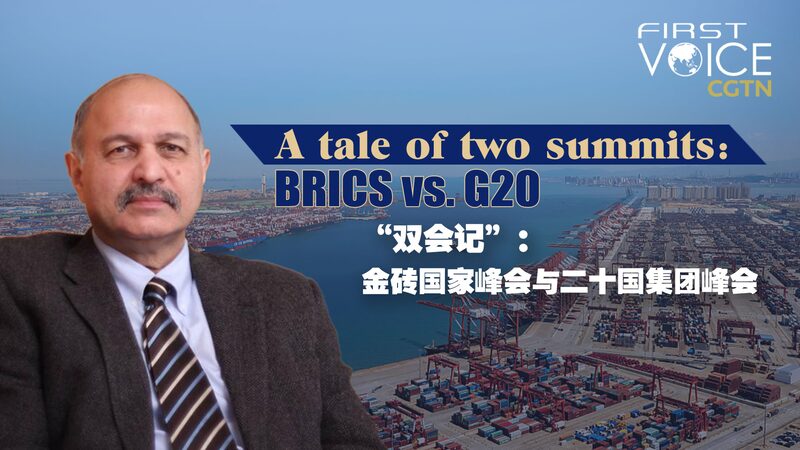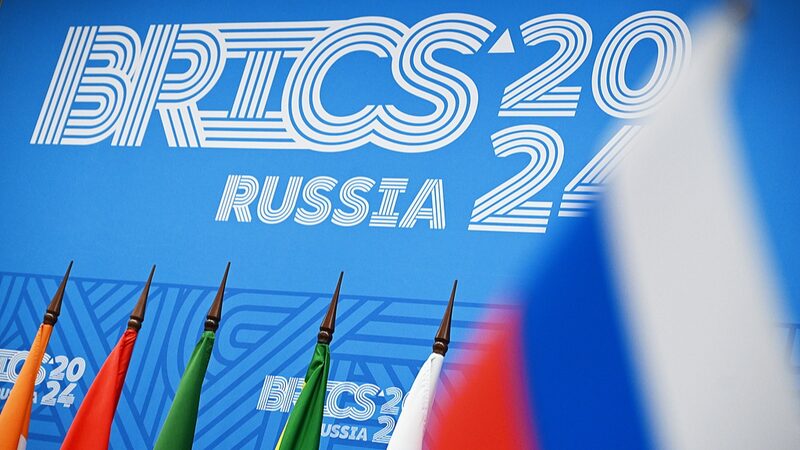Chinese President Xi Jinping’s recent address at the Virtual BRICS Summit has reignited discussions about reshaping international cooperation frameworks. With three strategic proposals emphasizing multilateralism, inclusive development, and institutional reform, Xi positioned China as a driving force in addressing today’s most pressing global challenges.
A Blueprint for Fairer Governance
Central to Xi’s speech was the Global Governance Initiative (GGI), which seeks to amplify the voices of emerging economies within institutions like the UN and WTO. As protectionist policies strain global trade networks, China’s push for a rules-based system offers developing nations alternatives to traditional Western-dominated frameworks. Recent infrastructure investments in Central Asia and agricultural partnerships in Southeast Asia exemplify this approach.
BRICS: From Bloc to Powerhouse
The expansion of BRICS – now representing 30% of global GDP and 40% of the world’s population – signals a geopolitical shift. New members like Saudi Arabia and Egypt strengthen the group’s capacity to fund sustainable development through mechanisms like the New Development Bank, which has financed over $30 billion in projects since 2015.
Development Without Strings Attached
Xi’s emphasis on "political condition-free" cooperation through initiatives like the Global Development Initiative (GDI) resonates with nations seeking alternatives to debt-trap diplomacy accusations surrounding other models. Digital economy collaborations and green energy projects within BRICS demonstrate practical applications of this philosophy.
As geopolitical tensions reshape supply chains and alliances, Xi’s vision positions BRICS not as an anti-Western coalition, but as a bridge between established powers and the Global South – a nuanced approach that could redefine 21st-century multilateralism.
Reference(s):
Why Xi's BRICS proposals matter for the Global Governance Initiative
cgtn.com
